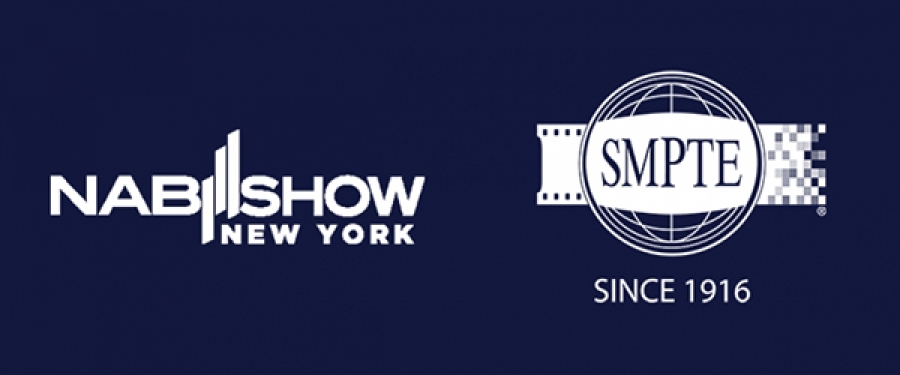Fotonflite is unique in its ability to directly connect and securely synchronise live Avid ISIS/NEXIS systems too, especially with live Avid work-in-progress. It is ideal for securely connecting production centres over the internet for example, Pinewood, UK, and Hollywood, USA. Fotonflite also benefits from advanced Avid project pre-analysis, meaning that after the first transfer, only the subsequent project and workspace changes are transmitted, resulting in ultra-fast sync and transfer updates and the most efficient network utilisation.
The Marquis Broadcast exhibit will also feature the Interplay Metadata Export Tool (IMET), which enables customers to export Avid Interplay® project and media metadata – essential when archiving projects from an Interplay system. This is useful to backup Interplay metadata, make it more widely available and to reduce the size of the Interplay database to improve performance. The utility works alongside the archiving process, exporting metadata so it’s fully-searchable via a web browser, displaying a list of projects that can be opened to see the metadata information for all assets (master clips, sub clips, etc.), along with headframes and a downloadable copy of the AAF file for sequences. It is possible to search across projects, assets or any system or user fields.
Marquis will also showcase a new dashboard plus secure server side AWS S3 encryption for Project Parking – the industry gold-standard for Avid storage management analytics and project portability. The dashboard provides usage tracking for remote Marquis Workspace Tools and Project Parking systems, ideal for multi-site companies wanting to remotely monitor and manage NEXIS and ISIS data usage.
Other product developments include a new search panel for Edit Bridge, which enables custom searches of Interplay files, allowing non-Avid editors to easily create complex Interplay queries for use within Adobe Premiere Pro CC, Adobe After Effects CC and Apple Final Cut Pro X. Finally, the latest version of Medway media-centric middleware now supports frame rate conversion and HDR 4K support, converting 4K HDR content to HD SDR content, along with automatic motion compensated deinterlacing to progressive, delivering great flexibility and quality for automated media workflows.


